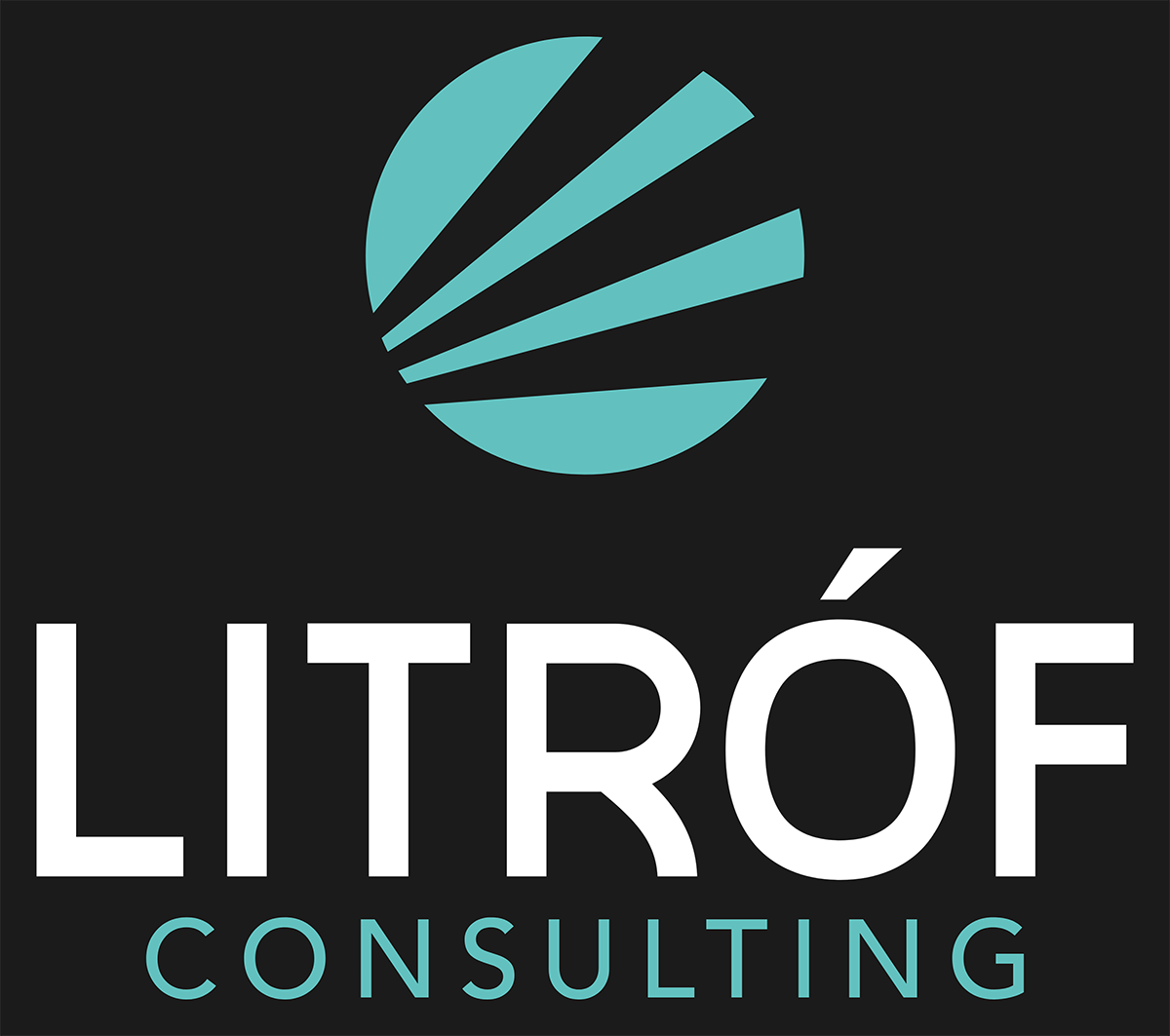You Say “Creativity.” I Say “Imagination."
The legs of a cow wearing roller-skates in a field.
In a piece for The Huffington Post called “Creativity in the 21stCentury,” Harvard research psychologist Shelley Carson writes about the urgent need for creativity in the globalized, technological, rapidly changing world of the 21st century. The starting point of her discussion is: “In order to attract investors, nations need to provide ‘an environment that promotes creativity.’”
She goes on to talk about the role of creativity in different areas of life, including the search for a job during an economic downturn, the quest for a mate in a new social landscape epitomized by Facebook, a parent’s task of instilling values in increasingly media-saturated children, and the modern struggle to manage one’s time and maintain one’s sense of balance. Carson asserts that creative thinking is crucial to success in each of these cases.
Reading the Carson’s arguments, I couldn’t help but think that these scenarios are inextricably bound up with imagination as well as with creativity. The two terms are, after all, often used interchangeably in contemporary discourse. Carson concludes with a “creative tip” for all of us: read about a variety of topics and increase your interests, because “[t]he essence of creativity is the ability to combine disparate bits of information in novel and original ways to form new ideas.”
Whether we choose to think in terms of “imagination” or in terms of “creativity,” we must remember that what’s really at stake here is a way of life characterized by courageous openness to possibility.


